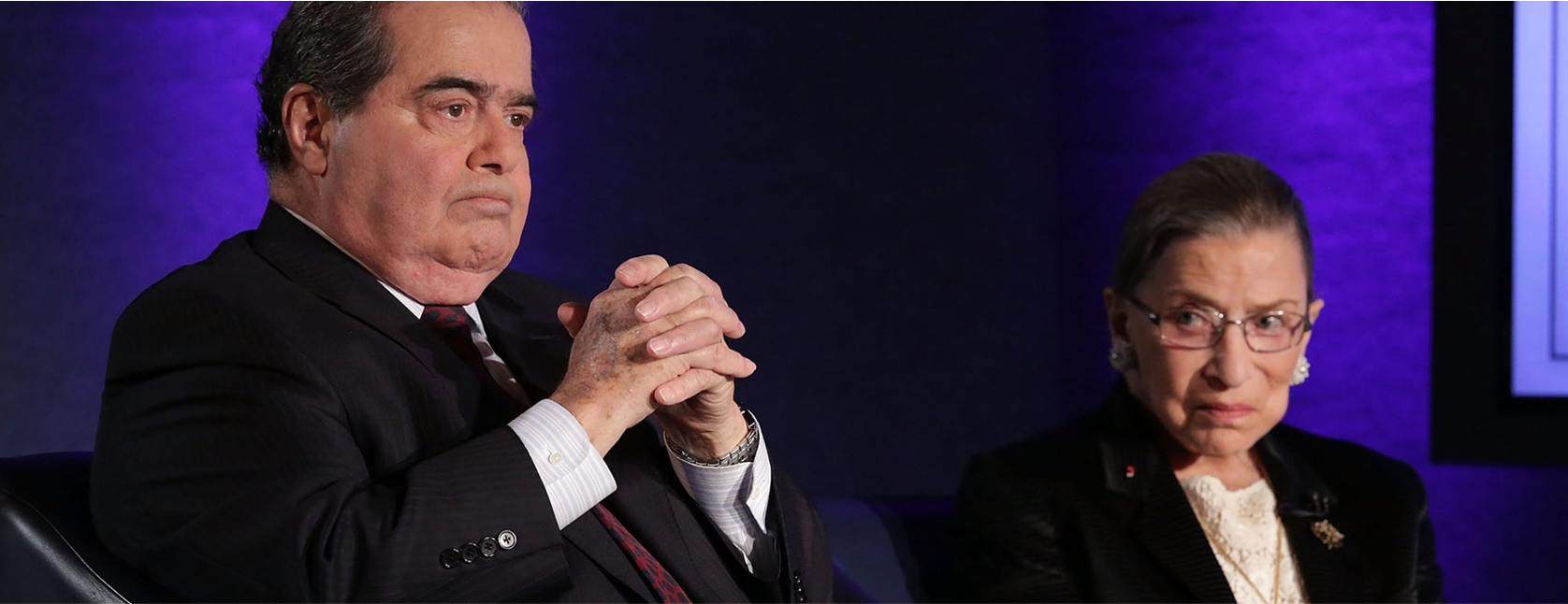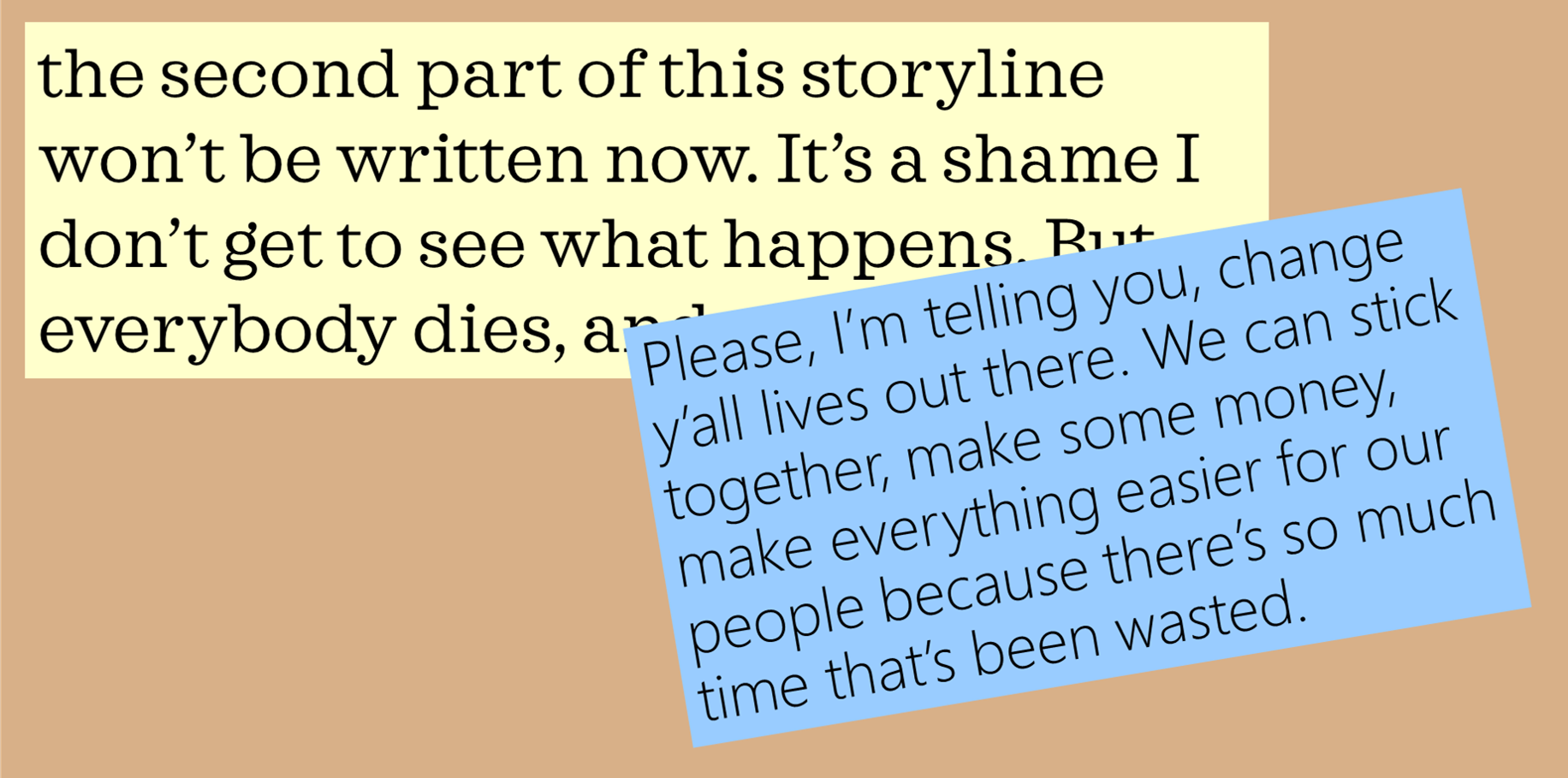October 1, 2000, was a Sunday. Four of us from Park Presbyterian Church in Beaver, PA, had arrived in Belo Horizonte, Brazil, Saturday after a long flight from JFK and a delay in Sao Paulo. A bit tired, we had been up in Favela da Ventosa at the soup kitchen in old church building. Now it was Sunday. Sunday, October 1, 2000, was the Lord’s Day, and on our North American church calendar, World Communion Sunday. Only later would I find out that few churches outside of North America know anything about World Communion Sunday. But from my very North American perspective it seemed like the perfect day to worship with Igreja Presbiteriana no Jardim América, to dedicate their barely completed new sanctuary, and to gather around the Lord’s Table. World Communion Sunday or not, it turned out to be a great day to worship.
Years earlier, my seminary classmate and first Brazilian friend, Robson Gomes, had issued a standing invitation for Becky and me and our kids to come visit them in Brazil after graduation. “Yeah, right,” had been my thought at the time, but now I was in Brazil with Robson and Juliane and their daughters. In Brazil ready to preach a sermon – in English – assist with a baptism, help at the Lord’s Supper. Ready to worship with the people of IPJA. Ready for a mission partnership. Continue reading





